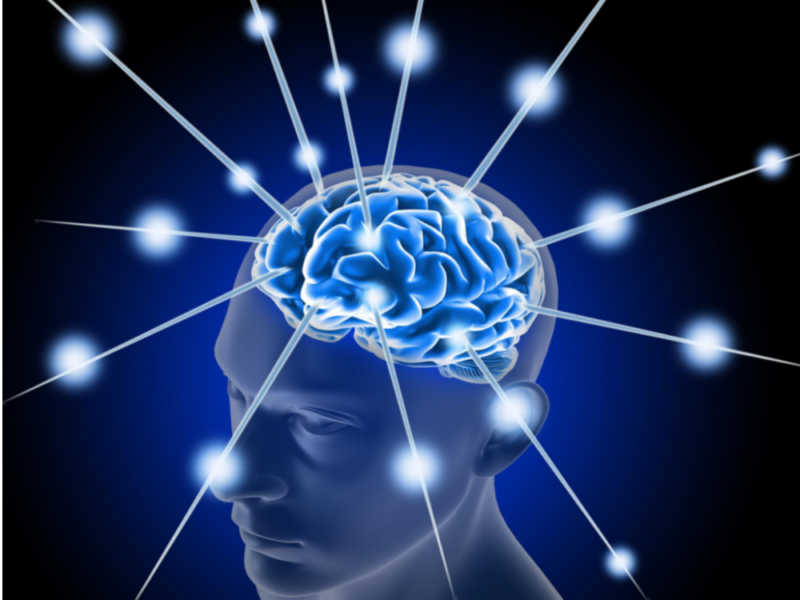In recent years, ketamine has emerged as a groundbreaking treatment for several mental health conditions, including depression, anxiety, and Post-Traumatic Stress Disorder (PTSD). This once-overlooked anesthetic is gaining attention for its rapid and significant impact on mental health. But what exactly happens in the brain when ketamine is administered? This article delves into the neurochemical effects of ketamine and how it helps combat these debilitating conditions.
The Neurochemical Basis of Depression, Anxiety, and PTSD
To understand how ketamine works, it’s crucial to first grasp the neurochemical underpinnings of depression, anxiety, and PTSD. These conditions are often linked to imbalances in neurotransmitters – the brain’s chemical messengers. Serotonin, dopamine, and norepinephrine are commonly implicated in these disorders, leading to altered mood, anxiety, and fear responses.
Ketamine’s Mechanism of Action
- NMDA Receptor Antagonism: Ketamine is known for its unique action on the N-methyl-D-aspartate (NMDA) receptor, a critical component in the glutamatergic system (the primary excitatory neurotransmitter system in the brain). By blocking these receptors, ketamine rapidly alters glutamate release, leading to immediate changes in neurochemistry.
- Synaptic Rewiring/neuro plasticity: Research indicates that ketamine stimulates the growth of new synapses, essentially ‘rewiring’ parts of the brain that have been negatively affected by chronic stress and depression. This rewiring can lead to rapid improvements in mood and cognition.
- BDNF Release: Ketamine has been shown to increase the levels of Brain-Derived Neurotrophic Factor (BDNF), a protein that plays a key role in the growth, maintenance, and survival of neurons. Elevated BDNF levels can facilitate the repair and regeneration of neural circuits that are damaged in depressive disorders.
- Anti-inflammatory Effects: Recent studies suggest that ketamine may have anti-inflammatory properties, which could be beneficial in treating depression and PTSD, conditions often associated with increased inflammation in the brain.
The Rapid Impact of Ketamine
Unlike traditional antidepressants that can take weeks to show effects, ketamine’s impact on the brain’s neurochemistry is almost immediate. Patients often report significant improvements in mood and a reduction in anxiety and PTSD symptoms within hours of treatment.
Ketamine’s ability to rapidly modulate neurochemistry presents a promising avenue for treating mental health conditions like depression, anxiety, and PTSD. Its unique mechanism of action offers hope for those who have not responded to conventional treatments. As research continues, the potential of ketamine to revolutionize mental health treatment becomes increasingly clear.
Learn more:
The Key to Lasting Change: The Importance of Integration After Oral Ketamine Therapy
Oral Ketamine Treatments for Chronic Pain: A Comprehensive Exploration
Ketamine Oral Dissolving Tablet (ODT) Treatment Information and Instructions
This blog post is intended for educational purposes only and should not be considered a substitute for professional medical advice. Individuals experiencing chronic pain should consult with healthcare professionals to discuss appropriate treatment options tailored to their specific needs.

